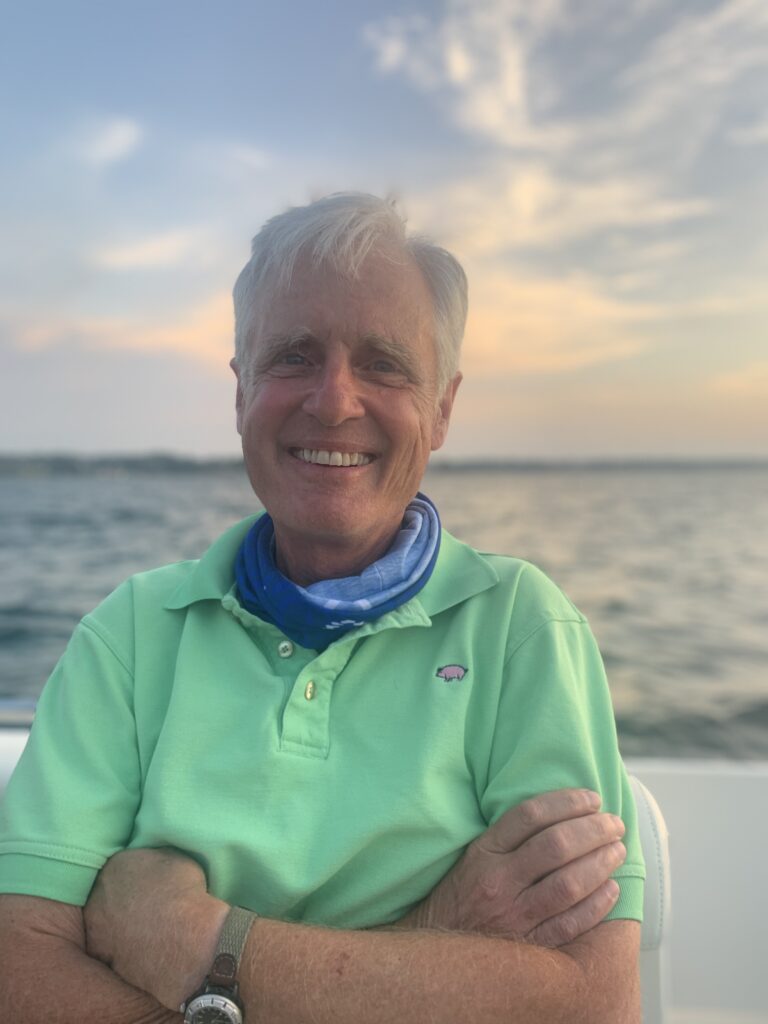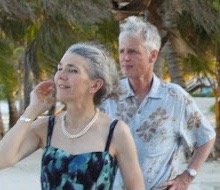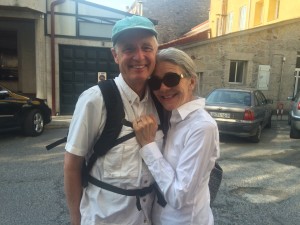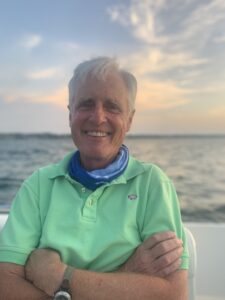Readers who know that I am a Presbyterian pastor may have wondered why I skipped Calvin during our chronological look at political theology from Augustine through Luther. At the time, I did not know what to say. Frankly, after dealing with Luther, I needed a break from a theological look at political philosophy. Since we are now at the time to look at Jean-Jacque Rousseau, also a Genevan, it occurred to me that this is a good time to look at Calvin as a political theologian and practitioner. Therefore, for the next two weeks, I am going to look at John Calvin as a political thinker. [1]

John Calvin
John Calvin (1509-1564), was a Frenchman who spent most of his professional life in Switzerland, deeply influencing both the Reformed areas of Switzerland and the thinking of intellectuals all over Europe. His major work, Institutes of the Christian Religion was first published in 1536, and was revised and enlarged until shortly before his death. [2] Originally trained as a lawyer, Calvin became a Protestant in 1530. Forced to flee France, he ended up in Geneva, Switzerland, where he remained for the rest of his life, except for a short time of exile. He never became a priest or ordained cleric.
Upon his return from exile in 1541, Calvin embarked upon an amazing career, preaching, teaching, educating pastors from all over Europe (including the founder of the Presbyterian form of government, John Knox), instituting reform of the doctrine and practice of the Genevan churches, and reforming the life and morals of the city. During his lifetime, he reorganized the doctrine and liturgy of the Genevan church, wrote the Genevan Catechism, created a psalter and wrote hymns, wrote commentaries of most of the Bible, and created a school in Geneva that influenced all of Europe. While never a political leader of Geneva, he influenced the leadership of the city in many ways.
Consistent with the idea that actions invoke reactions, Calvin faced substantial opposition to his ideas. A group referred to as the “Libertines,” consisting of some of the wealthiest families in Geneva, opposed his moral and political innovations. This opposition, sometimes in the majority, continued for most of Calvin’s ministry.
The most famous and difficult of Calvin’s political involvements in Geneva relates to the conviction and death of Michael Servetus, a unitarian thinker condemned to death by the consistory of Geneva. Scholars differ as to whether and how seriously Calvin was involved in the death, but it is clear that he accepted the conviction and condemnation to burning at the stake. (It is important to note that the conviction of Servetus for heresy was sought not just be Genevans and Protestants, but also by Roman Catholics because of his denial of several important doctrines of the faith, most importantly, the Trinity.) This event was consistent with the practice of the day, but today we would find it horrific that a person would be executed for his religious views, however obnoxious.
In 1558, Calvin became ill with a fever that weakened him and began in a decline that ended with his death in 1564. He did not want to die before completing the last edition of the Institutes of the Christian Religion, which he finished in 1559. He died on May 27, 1564, at the age of 59. At his own request, he was buried in an unmarked grave.
Outline of Calvin’s Political Thought
Calvin’s training was as a lawyer, and his first book was on the Roman legal thinker, Seneca. He was well read in the classics, as well as being a Biblical scholar and theologian. His classical training is evident in his views on politics. Calvin was not primarily a political theologian, but a biblical expositor and systematic theologian. It is clear, however, that Calvin was familiar with and approved the classic notion of separation of powers, and mixed government in which the common people and the aristocracy both received some kind of protections.
Two Kingdoms. Calvin, like Martin Luther and other reformers, was a disciple of St. Augustine, and he espouses a version of the Augustine’s “Two Kingdom’s Doctrine,” just as did Luther. [3] His first defense of the Two Kingdoms idea is found near the end of his discussion of Christian freedom in order to make clear that the freedom of a Christian does not involve freedom from the supervision of the state. At the end of this section of the Institutes, he says:
Therefore, in order that none of us may stumble on that stone, let us consider that there is a twofold government in man: one aspect is spiritual, whereby the conscience is instructed in piety and in reverencing God; the second is political, whereby man is educated for the duties of humanity and citizenship that must be maintained among men. These are usually called the “spiritual” and “temporal” jurisdiction (not improper terms) by which is meant that the former sort of government pertains to the life of the soul, while the latter has to do with concerns of the present life—not only with food and clothing but with laying down laws whereby man may live is life among other men holily, honorably, and temperately (3.19.15).
This is important for understanding Calvin. Many of his detractors and admirers, left and right accuse Calvin of seeking a “theocracy.” This is an unfortunate charge, inconsistent with his fundamental view that the kingdom of God and the various kingdoms of this world are two different kinds of kingdoms. While Calvin lived before the modern notion of a secular/sacred distinction, he accepted that the rule of any existing social order (the kingdom of this world) was different from the rule of Christ (the kingdom of God). As we shall see, he did not believe that the entirety of the Old Testament law was appropriate for the Geneva of his day, but that laws were to be adapted to the necessities of the time and society in which they are enacted. While the two kingdoms were separate things, they were intertwined, and secular rulers had duties to the church and religious leaders had duties to the state.
Implications of the Fall. Some of the most important political implications of Calvin’s theology flow from his view of human nature. Calvin believed that human beings are fallen and infected with sin. As a result, in the political arena as well as other areas of life, human beings are inevitably tempted to misuse power. Both those in power and those seeking power need limitations on their ability to misuse the rights and powers given them. This is particularly true of inflamed mobs, with which Calvin was familiar. Thus, Calvin was a proponent of the kind of mixed government of checks and balances of the type exemplified in the United States Constitution.
John Weatherspoon, a member of the Second Continental Congress and delegate to the New Jersey state convention that ratified the Constitution, was a Calvinist, Presbyterian minister and strong proponent of limited government and checks and balances. Through Witherspoon and his own reading, James Madison, the principle author of the Constitution, was also influenced to prefer a limited government with many checks and balances on the people who occupied positions of influence. At least one legal scholar has argued that the Calvinist emphasis on human limitations resulted in an attempt to create a system that would render human sin less likely to result in oppression rather than the illusory attempt to create a new human being less susceptible to sin and oppression. This is an insight that contemporary leaders might ponder.
Forms of Government. As one trained in the classics, Calvin is familiar with the division of governments into monarchies, aristocracies, and democracies. As a citizen of Geneva, he saw the importance of democratic representation, something lacking in his native Franc. Nevertheless, he recognized that the precise nature of government must be adapted to the circumstances of a particular society (4.20.8). In Calvin’s personal view, aristocracy or a government combining elements of aristocracy and democracy are the best forms of government (4.20.8).
Magistrates, Laws and Citizens. Calvin divides his discussion of Civil Government into a discussion of the duties and roles of public officials, public laws, and the citizens. In so doing, he outlines his own views of government (4.20.3). Although the majority of his analysis deals with the powers and responsibilities of magistrates, he has important things to say about laws and the duties of citizens. This week, I will deal with the powers of public officials. Next week, I will deal with law and the duties of citizens.
Magistrates. In Calvin’s view, public officials have their offices as part of a mandate from God for the coordination and ordering of human life (4.20.4). They are God’s representatives and have therefore a duty to steward the powers and responsibilities they have been given and for such stewardship they will be responsible (4.20.5). As stewards, they are to be prudent, gentle, self-controlled, diligent, and benevolent servants of God (4.20.5). As stewards of responsibilities and powers given by God, they are not to ignore the fact that sound government rests upon spiritual and moral foundations that are beyond the power of magistrates to ignore (4.20.9). [4]
Magistrates possess the power of coercion and are responsible for its wise and restrained use (4.20.7). In point of fact, public officials cannot perform their important functions without the power of conversion, which must be used wisely, but used nonetheless:
But since they cannot perform this unless they defend good men from the wrongs of the wicked, and give aid and protection to the oppressed, they have also been armed with power with which severely to coerce the open malefactors and criminals by whose wickedness the public peace is troubled or disturbed (4.20.9).
Private citizens cannot object to this power for public officials are responsible for the orderly and just administration of justice and the public peace. (4.20.10).
The power to protect the public peace extends to the power to wage war:
For if power has been given them to preserve the tranquility of their dominions, to restrain the seditious stirrings of restless men, to help those forcibly oppressed, to punish evil deeds—can they use it more opportunely than to check the fury of one how disturbs both the repose of private individuals and the common tranquility of all…? (4.20.11).
Notwithstanding the need for war, magistrates are responsible to wage war in a human and restrained way (4.20.12). In particular, in waging war, leaders must not give way to their passions in such a way as to act unjustly (4.20.12). [5] Thus, Calvin says:
But it is the duty of all magistrates here to guard particularly against giving vent to their passions even in the slightest degree. Rather, if they have to punish, let them not be carried away with headlong anger, or be seized with hatred or burn with implacable severity. … Or if they must arm themselves against the enemy, that is, the armed robber, let them not lightly seek occasion to do so; indeed, let them not accept the occasion with offered, unless they are driven to it by extreme necessity (4.20.12).
In reaching this conclusion, Calvin warns that if even pagans (Cicero) knew that war should not be entered into except with a view towards peace, then Christian rulers should use arms as a last resort (4.20.12).
Finally, Calvin deals with the right of public officials to exact taxes and duties to finance public life. While public officials must be prudent and self-controlled, they are still empowered to perform certain important tasks, and as such they must be able to finance them (4.20.13). They should, however, always remember that the public treasury is not their private chest to raid at will, but the treasury of the people for which they are stewards (4.20.13). This does not mean that public officials do not have expenses and outlays that would not be available to private citizens (4.20.13). The magnificence of a government will be reflected in public expenditures. However, when public officials waste the public treasury or live in excessive luxury, they are no longer good stewards of the wealth that has been entrusted to them for the public good.
Conclusion
As in so many areas, Calvin is a mediator. In theology he sought a middle position between Roman Catholicism of his day and the radical reformers. The same is true in his political theology. He seeks a middle ground between the proponents of the “Radical Reformation” with their idealistic and other-worldly proposals and no reformation of public life at all. His version of the Two Kingdom’s doctrine is less absolute than Luther’s and includes a duty of public officials to improve the lot of citizens. He was inclined to view the church as gradually improving human society in such a way that the church and institutions influenced by the church would gradually bring into being the Kingdom of God. In this sense, he might be termed a “Post-Millennial” political thinker.
Calvin does believe that the Gospel has implications for public life, but does not believe that the freedom Christians enjoy in their spiritual relationship with God extends to an unworkable freedom from legitimate government. Next week, we will look at the role of law in public life and then at the duties of citizens to obey legitimate government and explore the way in which Calvin’s ideas also legitimate opposition to tyranny.
Copyright 2021, G. Christopher Scruggs, All Rights Reserved
[1] For readers who would like a deep dive into Calvin as a Political theologian, Matthew J. Tuninga, Calvin’s Political Theology and the Public Engagement of the Church: Christ’s Two Kingdoms (Cambridge, UK: Cambridge University Press, 2017).
[2] Calvin, John. Institutes of the Christian Religion Volumes 1 & 2, ed. John McNeill. trans. Ford Lewis Battles (Philadelphia, PA: Westminster Press, 1960). All quotations are from this version of the Institutes in the form: book.chapter.section).
[3] The legal scholar is Marc Hamilton. See, “The Calvinist Roots of American Social Order: Calvin, Witherspoon, and Madison” in The Journal of the Witherspoon Institute (April 13, 2017), downloaded March 7, 2021, at https://www.thepublicdiscourse.com/2017/04/19116/.
[4] One of the most important gifts of Calvinism was an insistence found in Calvin and his interpreters that sound government rested on a foundation of personal morality. By the time of the American Revolution, via the preaching of pastors influenced by Calvin, it had become common place to believe that any democracy fundamentally rests on the virtue and morality of the citizens of the nation. Once again, contemporary Americans might ponder this insight.
[5] I have written elsewhere of the what might be called, “Just War Pacifism,” which I find in other religious traditions, for example Taoism. The idea, which Calvin seems to accept is that, while war is a permanent feature of human experience, it is also an evil to be avoided if at all possible. See, G. Christopher Scruggs, Centered Living/Centered Leading: The Way of Light and Love rev. ed. (Cordova, TN: Booksurge, 2016).












